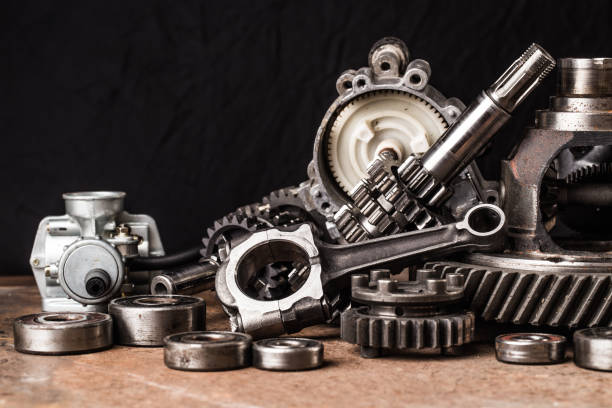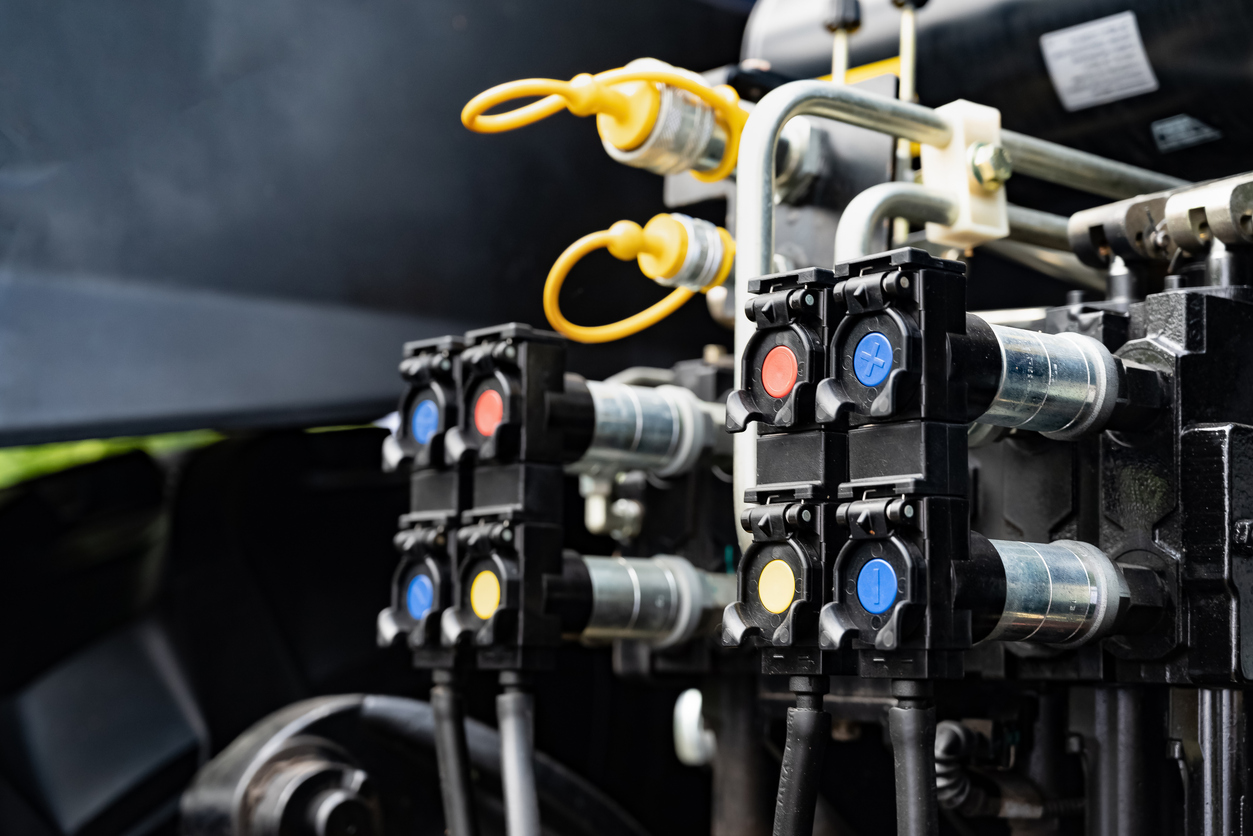Top Ten Tips for Buying and Exporting Engine Parts from South Africa
Top Ten Tips for Buying and Exporting Engine Parts from South Africa
The global market for parts and components is fragmented, with numerous niche players. However, the market remains attractive to suppliers of specific engine parts, as it provides a good opportunity to build a profitable business. In South Africa, the automotive industry is one of the largest employers in the manufacturing sector. The country is also home to many small and medium enterprises (SMEs) that specialize in manufacturing engine parts for foreign auto manufacturers that have set up assembly plants in South Africa. Exporting engine parts from South Africa can be challenging due to high logistics costs, duty regulations, and other administrative procedures. Understanding key export requirements will help you boost your exports of these goods from South Africa. Here are ten tips on how you can simplify your exporting process and increase your export sales of engine parts from South
Plan your exporting strategy
When exporting engine parts from South Africa, you’ll need to decide whether you wish to set up a global sourcing operation or sell your goods via a drop-ship business model. A sourcing operation will require you to visit the manufacturer to purchase goods for sale to your customers. You’ll have to make the arrangements for shipping the goods to your customers, too. As a sourcing agent, you may have to deal with multiple suppliers, each with its own product range. For drop-shipping, you’ll need to find a manufacturer that’s willing to sell goods to your customers on a “cart-forward” basis. In other words, the manufacturer will manufacture and ship the goods as per your customer’s orders and your customer’s name and address will appear on the shipping documents. Drop-shipping is a good option for entrepreneurs who are new to exporting and have a few customers to service. Drop-shipping requires less capital investment and less time compared to sourcing parts.
Establish a drop-ship business relationship with your manufacturer partner
Building a strong relationship with your manufacturers is essential for successful export operations. A well-structured business relationship will help you improve your sourcing process and gain insights into the manufacturer’s business. When initiating a partnership with a manufacturer, you should consider the following factors: – What is the size of the company? – What is the production capacity? – What is the type of business (producer or importer)? – Where is the company based? – What are the payment terms? – Are there any certification requirements?
Be aware of current import regulations and duty rates
For any part or product, the first step before you start importing from South Africa is to check that it is allowed to be imported into the importing country. You can do this by conducting a basic research and visiting the government websites related to trade and customs. There are many types of engine parts and each has its own set of import regulations. You should be aware of the import duty rates and any other related taxes that may be applied to your goods.
Make sure you have the correct paperwork before shipping
It is important that you have the correct documentation for your goods before shipping them. You should check the documentation requirements for your engine parts at the relevant government agencies. Let’s say you’re shipping a cylinder head assembly. You will need a commercial invoice and packing list. Import regulations vary among countries, so it is important to know what documents you need and what information they should contain.
Get to know the logistics providers in your region
You should know where your potential customers are located. This will help you identify the best logistics providers in your region. The best way to find out who your competitors are is to visit the import and customs offices in your region or attend a trade expo. You can also conduct an online research to find out who the major players are in your region.
Help your manufacturer partner with its export strategies
Your manufacturer may have limited knowledge about the export process, especially if it is a SME. You should help your manufacturer partner with its export strategies. You can do this by providing information about export trends, market demand, and the latest Customs regulations.
Leverage eCommerce platforms to sell to global consumers
If you are selling engine parts in one country, you can use eCommerce platforms to sell to a wider customer base. There are many eCommerce platforms available and you can choose the best platform that suits your business and product.
The summary
Buying and exporting engine parts from South Africa can be a good business opportunity. You should find a good manufacturer partner and check on import regulations and duty rates first. You should also make sure you have the correct paperwork and help your manufacturer with its export strategies. You can also use eCommerce platforms to sell to global consumers.








LEAVE A COMMENT
You must be logged in to post a comment.